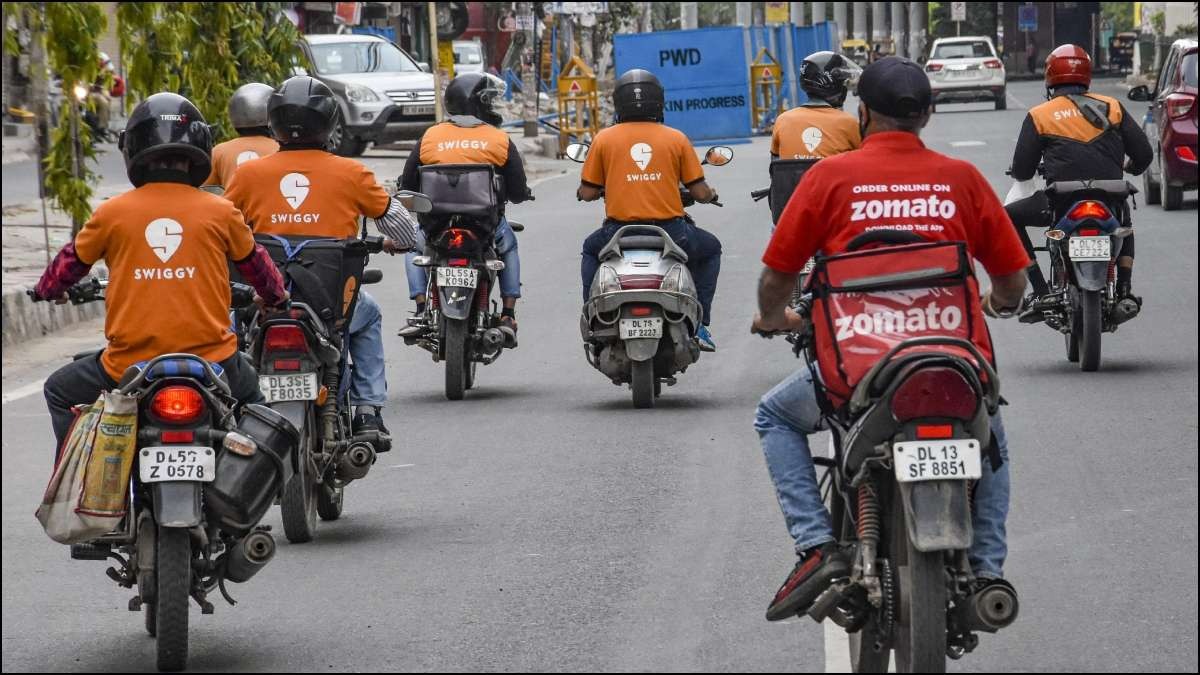
Business: The central government is likely to announce a social security scheme for the estimated 7.7 million gig workers in the country. As per the reports, aggregators may be required to contribute 1-2 per cent of their revenue to establish a social security fund, which would offer health insurance and other benefits to workers. According to the Hindustan Times report, the scheme may be launched on September 17, coinciding with the completion of 100 days of the third term of the Narendra Modi government and the birthday of the Prime Minister.
Labor Minister meets officials to finalise scheme
According to the report, the Prime Minister's Office (PMO) has received proposals that include a blueprint for the social security scheme for gig workers. Union Labor Minister Mansukh Mandaviya is reported to have met with officials on September 7 to finalise the scheme. The Hindustan Times quoted officials as saying that a final meeting with platforms and aggregators is still pending, but the plan is otherwise ready to be presented to the Cabinet. However, detailed information about the scheme has not yet been disclosed.
The scheme aligns with the Social Security Code passed by Parliament in 2020, which is yet to be implemented as the rules have not been prepared by all the states to date. The four labour codes enacted between 2019 and 2020 consolidated 29 labour laws to enhance job creation and ease of doing business. Officials have indicated that major aggregators have already been asked to register with e-Shram, the national database for informal workers. However, the budget for the scheme is still under development, as it will be funded by contributions from the aggregators.
Online window to be launched
Reports indicate that the government plans to launch an online platform to assist gig platforms in enrolling workers on the e-Shram portal, a state-run database for informal workers.
With approximately 30 crore workers currently registered on the portal, they become eligible for federal social welfare schemes, including free rations at their workplaces and publicly funded social insurance.
States have generally responded positively to the scheme. However, key issues such as the legal definition of employee-employer relationships, wages, and working hours in the gig sector remain unresolved by existing labour codes. Globally, gig platforms typically do not consider themselves traditional employers.
--Advertisement--

 Desk
Desk Share
Share






